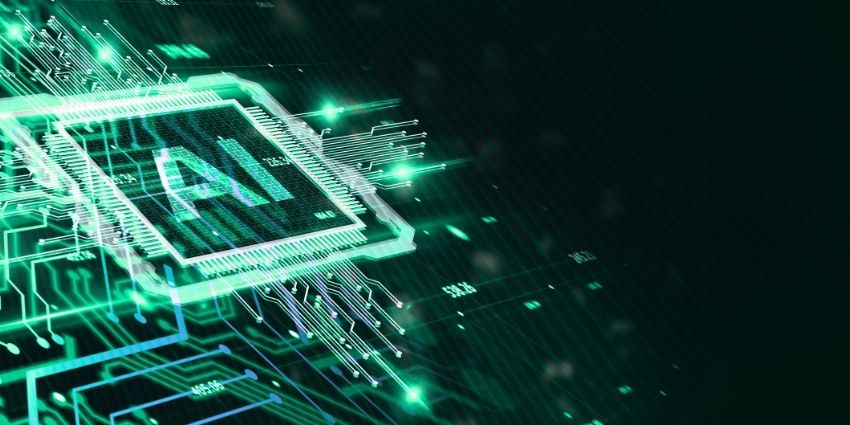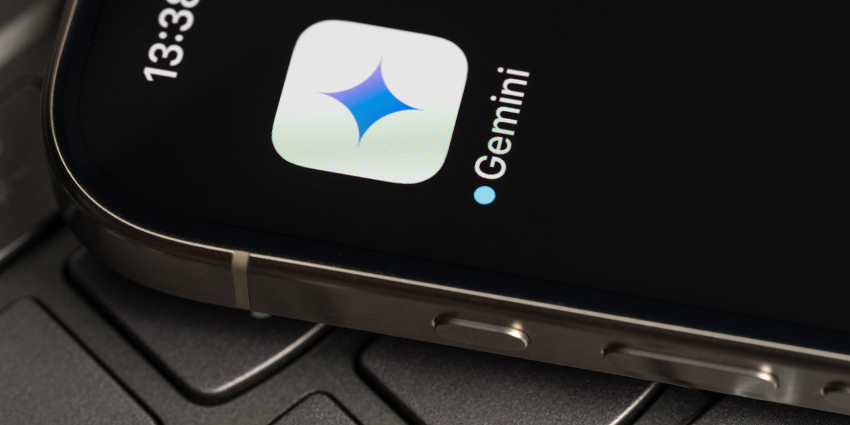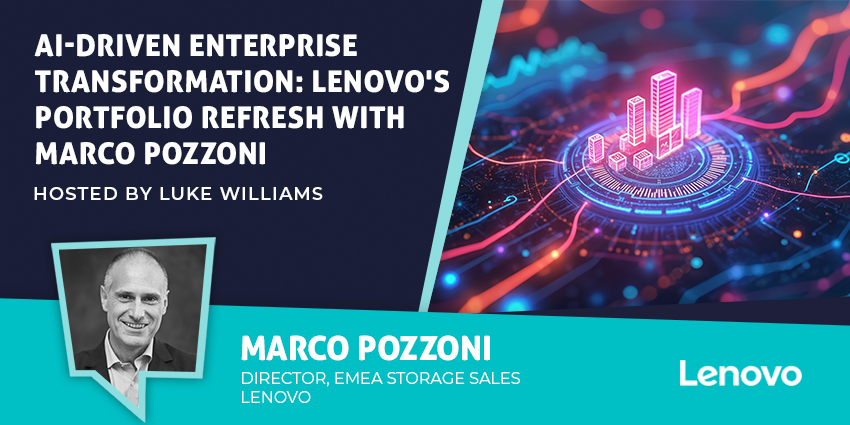It’s been a real a landmark week for AI, with some enormous announcements!
New US president Donald Trump welcomed a staggering $500bn ‘Stargate’ investment from OpenAI, Oracle and Softbank for next-generation AI infrastructure, while Google forced Gemini AI onto business users with a surprise price hike.
Meanwhile, Alibaba Cloud launched a comprehensive AI development suite, and Cisco unveiled new security solutions targeting the growing enterprise AI market.
Half-Trillion Dollar Push
The ‘Stargate’ project, announced with Trump’s backing, will see $500 billion poured into AI data centres over four years. Oracle CEO Larry Ellison revealed construction is already underway in Texas, with the project set to create 100,000 jobs.
The importance of this investment can’t be overstated and tech gurus were keen to cosy up to ’47’. Although the project had been in the works for some time, OpenAI CEO SamAltman declared:
[Stargate is] the most important project of this era….We wouldn’t be able to do this without you, Mr President.
Stargate targets next-generation data centres with advanced cooling systems and high-density server configurations optimised for AI workloads.
Google Forces AI Adoption
From January 15th, Google is bundling Gemini AI features into all Workspace Business and Enterprise plans – whether users want them or not. The move comes with price hikes for base subscriptions, but includes features like AI-powered email drafting, live translation in Meet, and enhanced document analysis.
Google emphasises data protection; promising no unauthorised AI training with customer content. This mandatory inclusion signals their intentions to compete with Microsoft’s AI-enhanced Office suite.
Alibaba Cloud’s Global Push
Alibaba Cloud announced a comprehensive expansion of its AI offerings at its annual developer summit in Jakarta. At the heart of the announcement is the Qwen2.5 series of large language models, ranging from 7 billion to 72 billion parameters, alongside new multimodal capabilities for vision and audio processing.
Infrastructure improvements include the 9th Generation Enterprise Elastic Compute Service launching globally in April with 20% increased efficiency. The company also unveiled its GenAI Empowerment Program, which offers developers and startups substantial support including free cloud credits and training workshops.
Early adopters include Japanese AI company Axcxept, which has already leveraged Qwen 2.5 to develop an open-source model for Japanese language processing.
Dongliang Guo, Vice President of International Business, explained:
Alibaba Cloud is committed to delivering real value to global developers through cutting-edge AI models, enhanced cloud infrastructure, and accessible support programs.
Together, we aim to spark more AI-driven innovations, benefiting startups, enterprises, and industries altogether across the globe.
Cisco’s Big AI Security Play
Responding to growing enterprise concerns about securing AI operations at scale, Cisco unveiled two major security products: AI Defense and Hypershield. Launching in March 2025, AI Defense provides automated testing of AI models, checking for hundreds of potential vulnerabilities while offering runtime validation against threats.
Hypershield represents a fundamental shift in data centre security architecture; featuring self-adapting network segmentation that continuously evolves based on process behaviors.
“Traditional appliances won’t get there,” said Tom Gillis, SVP of Security Business Group. “Hypershield puts security wherever it needs to be: in every software component of every application running on your network.”
With only 13% of customers ready for AI deployment but 90% seeking benefits within two years, these solutions address urgent security needs as the industry races to scale up AI infrastructure.








